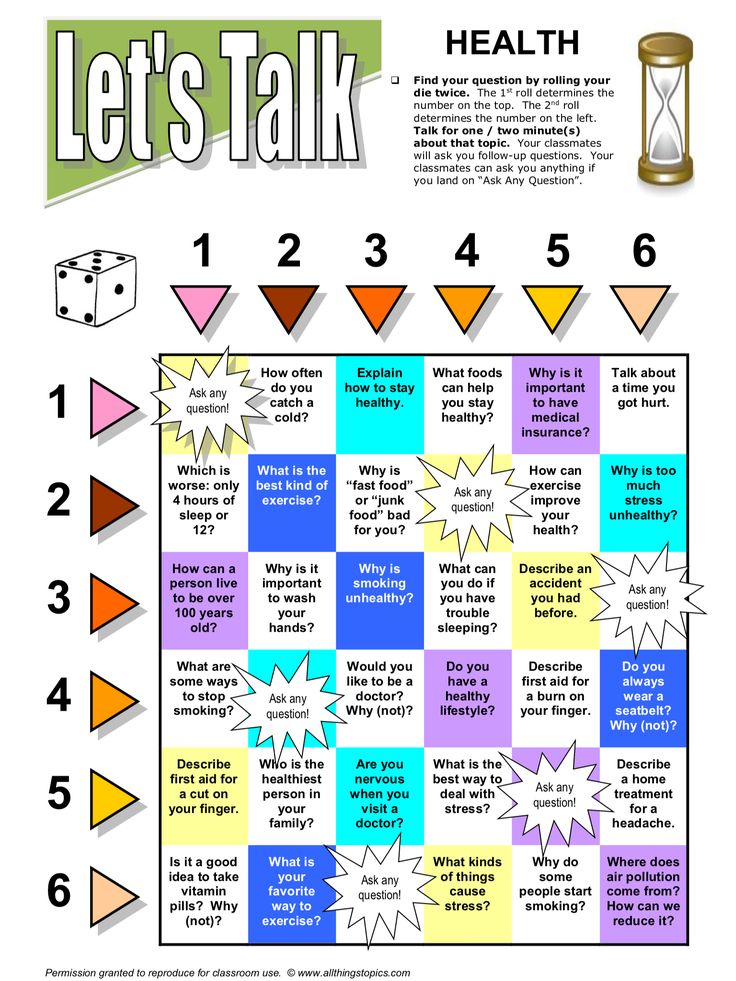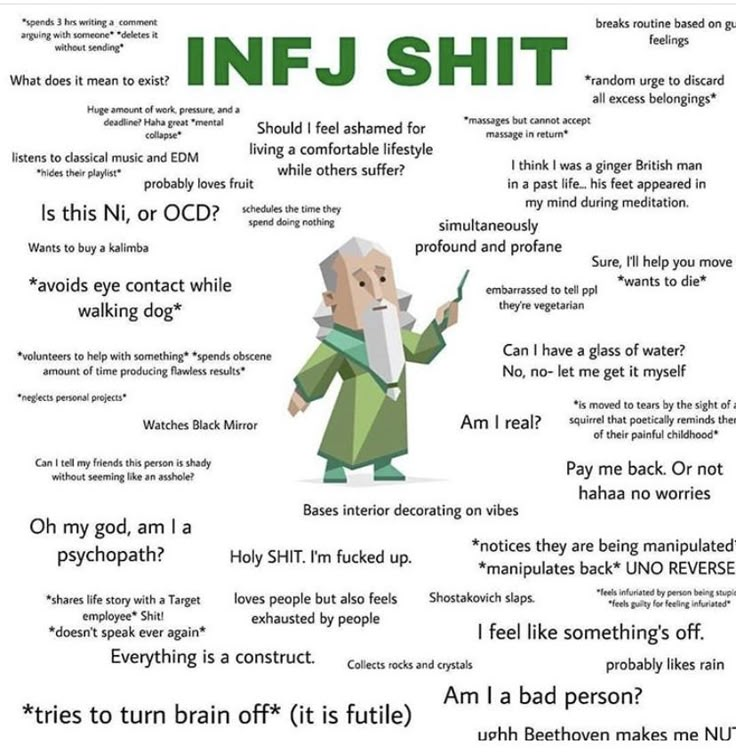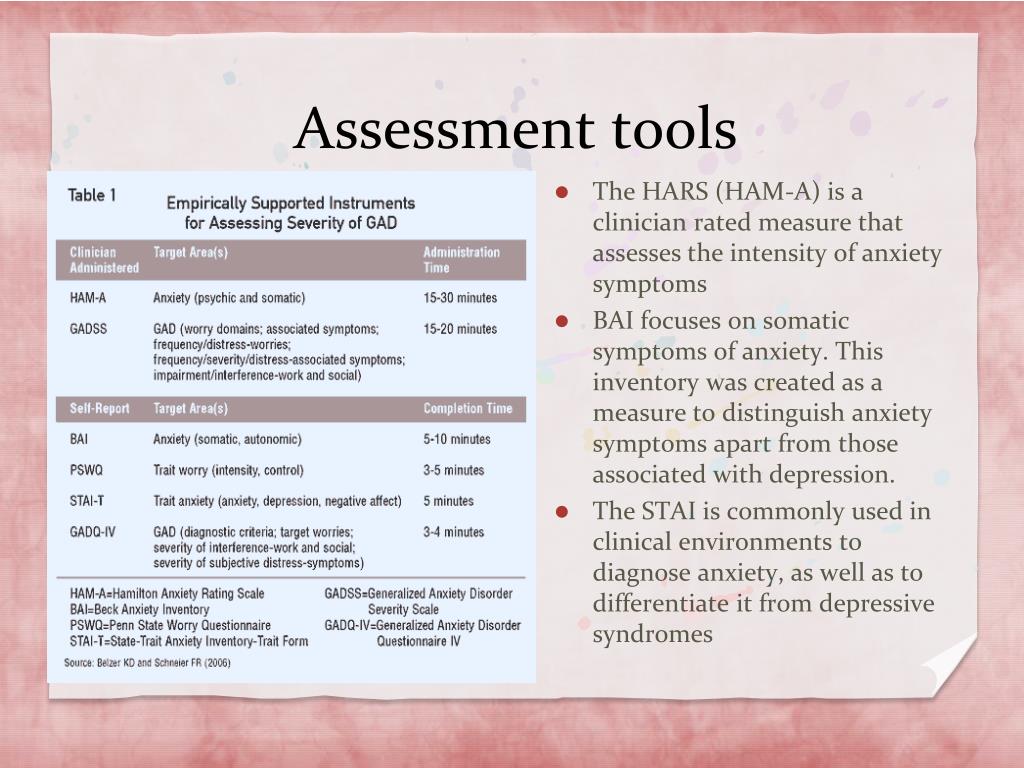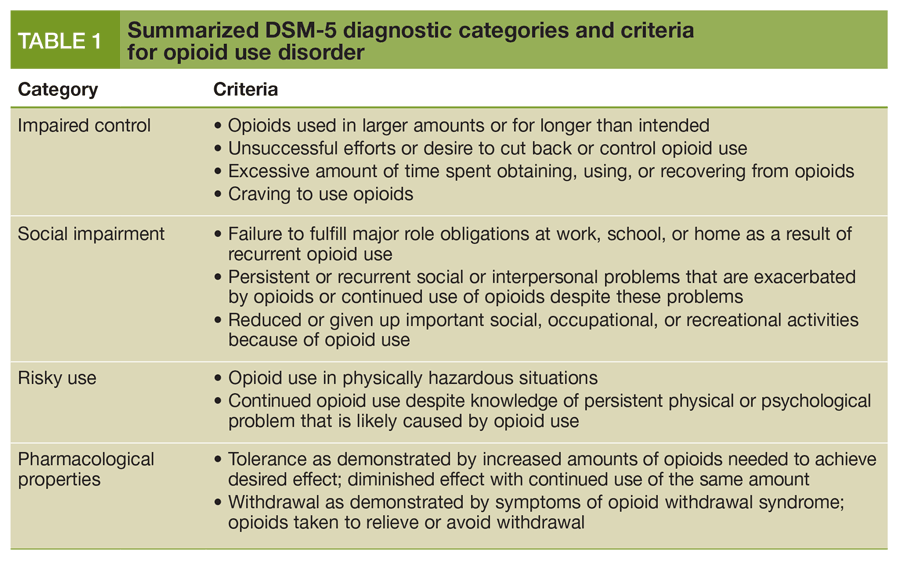National domestic violence 17 questions
Do You Think You're Being Abused?
Search
Safety Exit!
- Home
- Learn More
- Do You Think You're Being Abused?
For anonymous, confidential help available 24/7, call the National Domestic Violence Hotline at 1-800-799-7233 (SAFE) or 1-800-787-3224 (TTY) now.
Look over the following questions. Think about how you are being treated and how you treat your partner. Remember, when one person scares, hurts, or continually puts down the other person, it is abuse.
Does your partner ...
- Embarrass or make fun of you in front of friends or family? Put down your accomplishments or goals?
- Make you feel like you are unable to make decisions? Use intimidation or threats to gain compliance?
- Tell you that you are nothing without them?
- Treat you roughly -- grab, push, pinch, shove or hit you? Threaten or abuse your pets?
- Call you several times a night or show up to make sure you are where you said you would be?
- Use drugs or alcohol as an excuse for saying hurtful things or abusing you?
- Blame you for how they feel or act?
- Pressure you sexually for things you aren't ready for?
- Make you feel like there "is no way out" of the relationship?
- Prevent you from doing things you want, like spending time with your friends or family?
- Try to keep you from leaving after a fight, or leave you somewhere after a fight to "teach you a lesson?"
Do you . ..
- Sometimes feel scared of how your partner will act?
- Constantly make excuses to other people for your partner's behavior?
- Believe that you can help your partner change if only you changed something about yourself?
- Try not to do anything that would cause conflict or make your partner angry?
- Feel like no matter what you do, your partner is never happy with you?
- Always do what your partner wants you to do instead of what you want?
- Stay with your partner because you are afraid of what your partner would do if you broke up?
Without help, the abuse will continue.
If any of these situations are happening in your relationship, talk to someone you trust or call the National Domestic Violence Hotline (available 24/7): 1-800-799-7233 (SAFE).
The following signs often occur before manifestation of full abuse and may serve clues to one person in a relationship becoming abusive of the other. Think about the following questions and apply them to your partner. If you can identify with one or more of the scenarios or answer "yes" to any of the questions below, you may be with an abusive partner.
Think about the following questions and apply them to your partner. If you can identify with one or more of the scenarios or answer "yes" to any of the questions below, you may be with an abusive partner.
- Did your partner grow up in a violent family?
- Does your partner tend to use force of violence to "solve" their problems?
- Does your partner have a quick temper? Do they over-react to little problems and frustration? Are they cruel to animals? Do they punch walls or throw things when they are upset?
- Do they abuse alcohol or other drugs?
- Do they have strong traditional ideas about "roles" in relationships? For example, do they think all women should stay at home, take care of their husbands, and follow their wishes and orders?
- Are they jealous of your other relationships -- anyone you may know? Do they keep tabs on you? Do they want to know where you are at all times? Do they want you with them all of the time?
- Do they have access to guns, knives or other lethal weapons? Do they talk of using them against people or threaten to use them to get even?
- Do they expect you to follow their orders or advice? Do they become angry if you do not fulfill their wishes or if you cannot anticipate what they want?
- Do they go through extreme highs and lows almost as though they are two different people? Are they extremely kind one time, and extremely cruel another?
- When your partner gets angry, do you fear them? Do you find that not making them angry has become a major part of your life? Do you do what they want you to do, rather than what you want to do?
- Do they treat you roughly? Do they physically force you to do what you do not want to do?
- Do they threaten or abuse your pets?
Threats and physical abuse are prevalent in relationship violence, often occurring in an escalating cycle.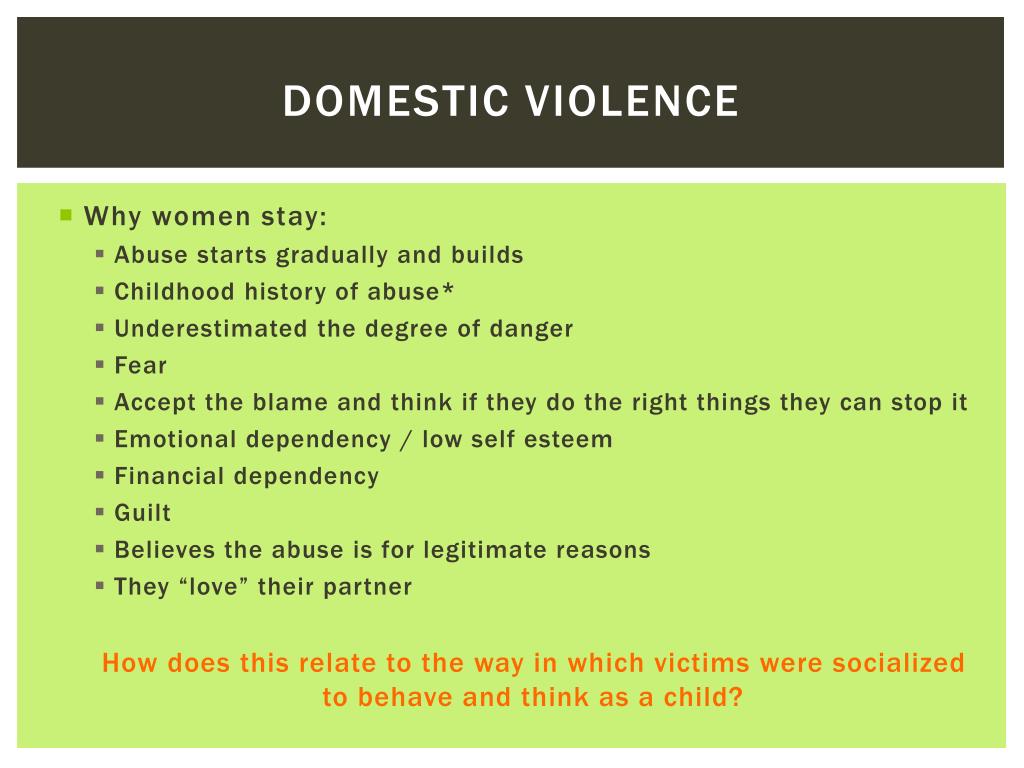
For anonymous, confidential help available 24/7, call the National Domestic Violence Hotline at 1-800-799-7233 (SAFE) or 1-800-787-3224 (TTY) now.
Partner with us
Learn MoreEffective October 6, 2022, The National Coalition Against Domestic Violence (NCADV) and the National Domestic Violence Hotline (The Hotline) have joined together. To learn more about this exciting venture, to expand the eco-system of holistic and inclusive support for survivors and advocates, please visit Project Opal.
16 questions used to ID domestic abuse victims likely to be killed
U.S.
/ CBS News
Oklahoma police are using a checklist of 11 questions to help officers identify victims of domestic violence who are likely to be killed
New tool helps police identify fatal domestic violence 02:34Research has found that men who choked their partners were 10 times more likely to eventually kill them.
That explains question number 5 - "Has he/she ever tried to choke you?" - on a domestic violence lethality checklist developed by researchers from Johns Hopkins School of Nursing.
As CBS News correspondent Anna Werner reports, the Oklahoma City Police Department is among the forces using the 16-question checklist, which is designed to help officers identify victims who are likely to be killed.
Capt. Kim Flowers heads Oklahoma City's domestic violence unit, which has been using the checklist for three years.
"He wants you to know that he's in control, and he can snap your neck in half whenever he feels like it," Flowers said of the question about choking.
The more times a victim answers "Yes" to the questions, the more likely domestic violence may lead to a victim's death, Werner reports.
Starting Saturday, the checklist will be used across the state of Oklahoma. Authorities in Maryland say fatalities have dropped 30 percent since they started using it.
Below are the 16 questions contained in the "Domestic Violence Risk Assessment" checklist:
1. Has he/she ever used a weapon against you/threatened you with a weapon?
2. Has he/she ever threatened to kill you or your children?
3. Do you think he/she might try to kill you?
4. Does he/she have a gun or can he/she get one easily?
5. Has he/she ever tried to choke you?
6. Is he/she violent or constantly jealous or does he/she control most of your daily activities?
7. Does he/she follow or spy on you or leave threatening messages?
8. Have you left him/her or separated after living together or being married?
9. Is he/she unemployed?
10. Has he/she ever tried to kill himself/herself?
11. Do you have a child/children together?
12. Do you have a child that he/she knows is not his/hers?
13. Has he/she been physical toward the child(ren) in a way that concerns you?
14.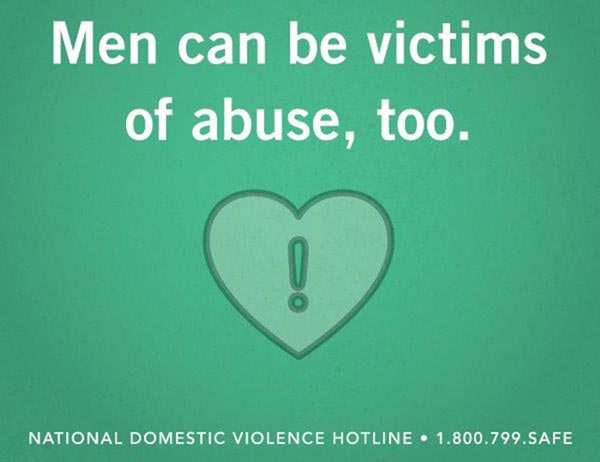 Does he/she have an alcohol/substance abuse problem?
Does he/she have an alcohol/substance abuse problem?
15. Has he/she interfered with a 911 call?
16. Is there anything else that worries you about your safety?
For more information:
- National Institute of Justice Danger Assessment
- Maryland Network Against Domestic Violence Lethality Assessment Program
Trending News
First published on October 31, 2014 / 2:16 PM
© 2014 CBS Interactive Inc. All Rights Reserved.
Thanks for reading CBS NEWS.
Create your free account or log in
for more features.
Please enter email address to continue
Please enter valid email address to continue
The ECtHR indicated the measures to be taken by the Russian authorities to combat domestic violence
In the commentary to AG, the lawyer for the two applicants noted that the ruling would have a great impact not only on practice at the national level, but also on the development of international standards for the protection of rights in general women from domestic violence. One of the representatives of the other applicant believes that after such a decision, victims of domestic violence will be able to apply to the ECtHR without having to exhaust domestic remedies and the Court will consider their cases in a simplified and quick manner. According to one of the AG experts, the conclusions of the ECtHR will force the Russian authorities to quickly adopt amendments to the legislation. Another believes that the case considered by the ECtHR is a clear example of how the European Convention is evolving through its interpretation by Strasbourg judges.
One of the representatives of the other applicant believes that after such a decision, victims of domestic violence will be able to apply to the ECtHR without having to exhaust domestic remedies and the Court will consider their cases in a simplified and quick manner. According to one of the AG experts, the conclusions of the ECtHR will force the Russian authorities to quickly adopt amendments to the legislation. Another believes that the case considered by the ECtHR is a clear example of how the European Convention is evolving through its interpretation by Strasbourg judges.
On December 14, the European Court issued a judgment in the case of Tunikova and Others v. Russia on the complaint of four Russian women who had experienced domestic violence.
Reason for applying to the ECtHR and position of the parties
Recall, as previously reported AG, 28 June 2019 The European Court communicated complaints by Natalia Tunikova, Elena Gershman, Margarita Gracheva and Irina Petrakova, which were connected by a single problem - the lack of effective mechanisms in the Russian Federation to combat domestic violence. For this reason, the ECtHR consolidated the applications into one case.
For this reason, the ECtHR consolidated the applications into one case.
In their complaints, the applicants pointed to violations of Art. 3 (“Prohibition of inhuman and degrading treatment”), 13 (“Right to an effective remedy”) and 14 (“Prohibition of discrimination”) of the Convention for the Protection of Human Rights and Fundamental Freedoms. They referred to the failure of the Russian authorities to protect them from domestic violence due to shortcomings in domestic legal regulation and the lack of adequate remedies. According to the applicants, they were subjected to extreme forms of domestic violence, which caused them very serious and profound suffering, amounting to “torture” and not “inhuman or degrading treatment”.
Read also
Representatives of victims of domestic violence analyzed the position of the Russian authorities presented to the ECtHR true
December 30, 2019 News
Then the ECtHR put before the parties three questions.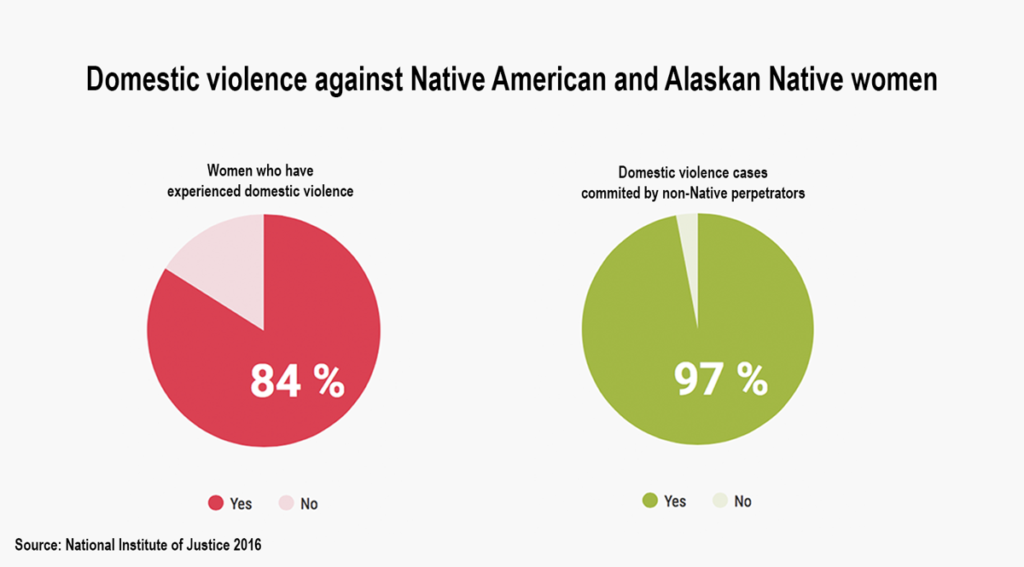 First of all, he asked for clarification as to whether the Russian authorities had fulfilled their obligation to protect the applicants from ill-treatment by their partners. In its second question, the Court clarified whether the Russian authorities recognized the seriousness and extent of the problem of domestic violence and its discriminatory impact on women. He also asked if the Russian Federation is taking any measures to achieve real gender equality and protect men and women equally from domestic violence. Noting that in the Russian Federation there is no special legislation aimed at combating domestic violence, the European Court asked the third question: is there a systemic problem of domestic violence in Russia that requires a response from the Committee of Ministers of the Council of Europe?
First of all, he asked for clarification as to whether the Russian authorities had fulfilled their obligation to protect the applicants from ill-treatment by their partners. In its second question, the Court clarified whether the Russian authorities recognized the seriousness and extent of the problem of domestic violence and its discriminatory impact on women. He also asked if the Russian Federation is taking any measures to achieve real gender equality and protect men and women equally from domestic violence. Noting that in the Russian Federation there is no special legislation aimed at combating domestic violence, the European Court asked the third question: is there a systemic problem of domestic violence in Russia that requires a response from the Committee of Ministers of the Council of Europe?
On October 22, 2019, the Government of the Russian Federation sent memorandums on each of the complaints. With the exception of separate explanations on the circumstances of the applicants' cases, the responses of the Russian authorities are identical (the documents are available from AG).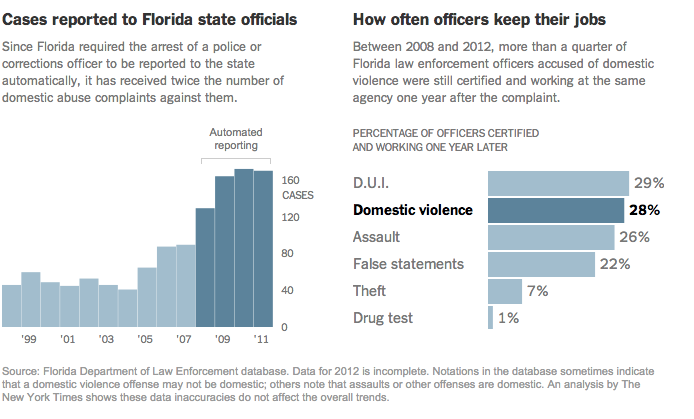
In particular, the authorities did not agree with the assertion that the mechanism for bringing the aggressor to criminal liability by way of private prosecution was ineffective. According to the Russian authorities, this approach is explained by the peculiarities of these crimes: the public danger of the act in this case is inseparable from the personal assessment of what happened by the victim and therefore cannot be formally objectified, including by law enforcement agencies. In support of this, the Government referred to the prohibition of excessive interference with private and family life. The Government also emphasized the importance of ensuring that the victim is able to resolve the conflict with the abuser on their own in order to maintain normal family relations.
The Russian side did not deny that the state should guarantee the prohibition of inhuman and degrading treatment. However, in her opinion, Art. 3 of the Convention requires the active participation of the state in solving family problems only as long as the victim faces a real and imminent threat of death.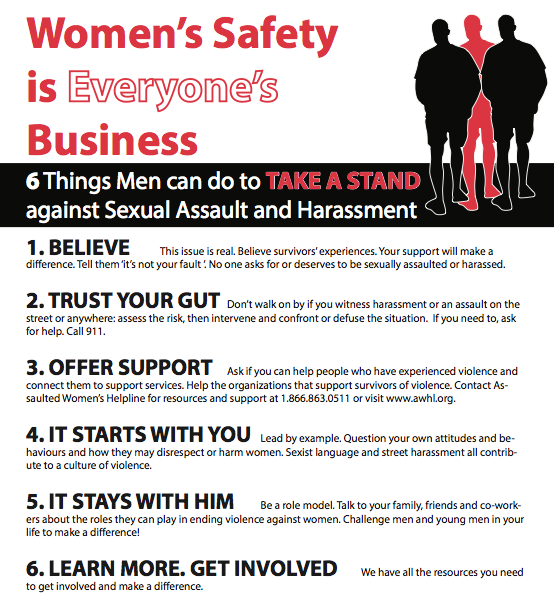 On this basis, the authorities of the Russian Federation came to the conclusion that they have fully complied with the obligation to create a legislative framework that addresses the problem of domestic violence as effectively as other forms of violence.
On this basis, the authorities of the Russian Federation came to the conclusion that they have fully complied with the obligation to create a legislative framework that addresses the problem of domestic violence as effectively as other forms of violence.
The European Court revealed imperfections in Russian legislation
After examining the case file and the arguments of the parties, the ECtHR noted that all four applicants had been subjected to physical violence by their former partners or husbands, which was confirmed by medical documentation, as well as police data. Thus, Natalya Tunikova was beaten on the head, which led to a concussion and various bruises, Elena Gershman was attacked at home and outside, as was Irina Petrakova, who endured this for seven years. In turn, the husband of Margarita Gracheva not only beat her, but also chopped off her hands, making her disabled for life. Thus, the Court noted, the nature of the physical pain and injuries caused indicates that the cases in question went beyond the limits of cruelty provided for by Art.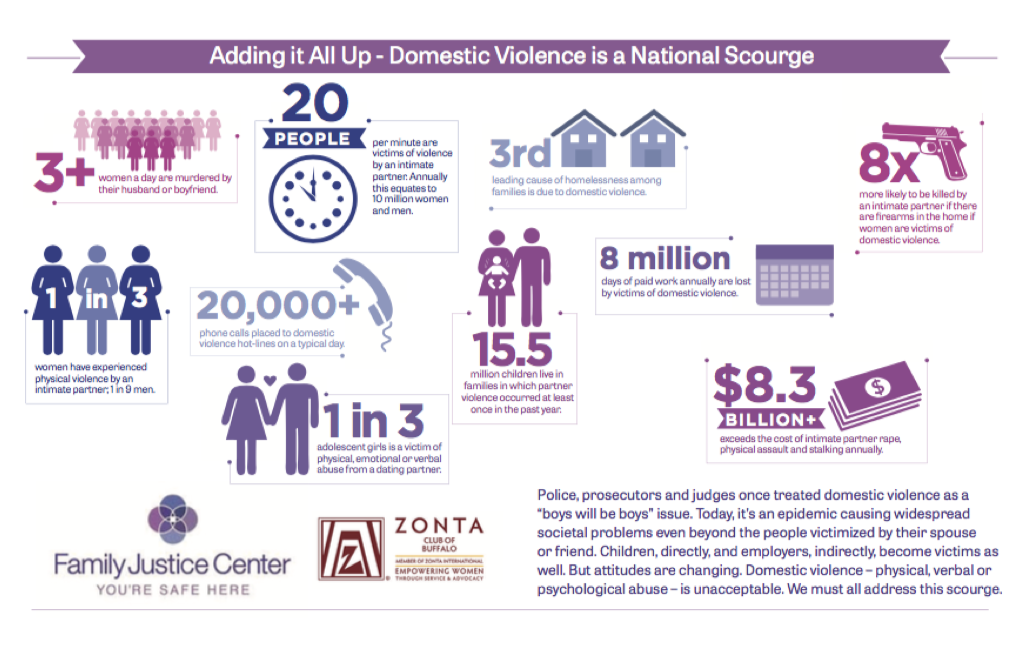 3 of the Convention. In addition, the psychological pressure and the unrest experienced increased the applicants' vulnerability, brought them into a state of fear, as well as emotional and psychological stress. The Court considers that these psychological aspects were serious enough to be equated with cases falling within the scope of Art. 3 of the Convention.
3 of the Convention. In addition, the psychological pressure and the unrest experienced increased the applicants' vulnerability, brought them into a state of fear, as well as emotional and psychological stress. The Court considers that these psychological aspects were serious enough to be equated with cases falling within the scope of Art. 3 of the Convention.
Having examined the arguments of the Russian side, the European Court considered that the current Russian legislation lacked a definition of “domestic violence”, adequate substantive and procedural legal provisions for the prosecution of its various forms, as well as any form of restraining orders. Consequently, it falls short of the requirements of the State's positive obligation to establish and effectively enforce a system of punishment for all forms of domestic violence and to provide adequate safeguards for victims.
The court also heeded the applicants' arguments that none of them could count on even the minimum measures of protection.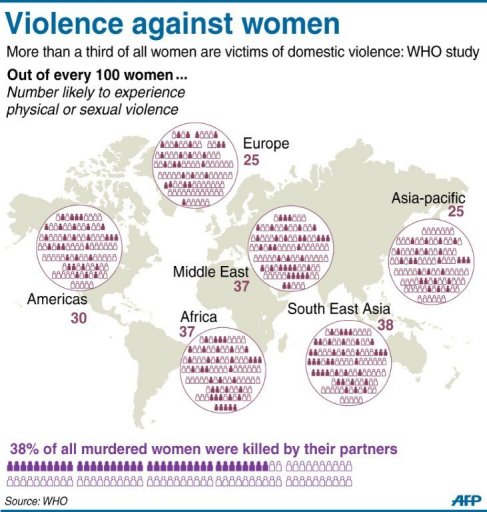 None of the police or prosecutors they approached had special training or qualifications to deal with cases of domestic violence. The police remained completely passive despite reports of systematic violence against them. Law enforcement officers did not explain to women how to protect themselves in cases of violence, did not assess the risks associated with their situation, did not warn them about the risk of repeated acts of violence, did not discuss any security issues with them, did not offer any protection measures, and did not tell them where they were may receive legal, psychological or social support.
None of the police or prosecutors they approached had special training or qualifications to deal with cases of domestic violence. The police remained completely passive despite reports of systematic violence against them. Law enforcement officers did not explain to women how to protect themselves in cases of violence, did not assess the risks associated with their situation, did not warn them about the risk of repeated acts of violence, did not discuss any security issues with them, did not offer any protection measures, and did not tell them where they were may receive legal, psychological or social support.
In doing so, the European Court noted, the Russian authorities paved the way for new episodes of violence. In his opinion, the Russian authorities are not capable of investigating credible reports of ill-treatment and ensuring that those responsible are prosecuted and punished. In this connection, the Court considered that Russia had failed in its duty to investigate the ill-treatment suffered by the four Russian women.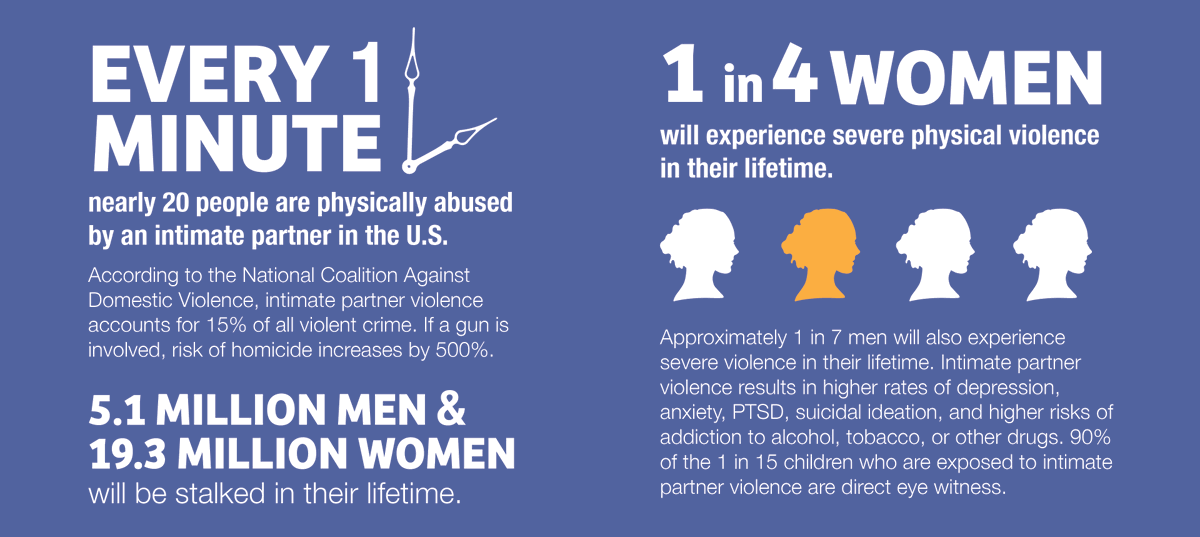 The Court also agreed with the applicants' argument that the present case illustrated the general failure of the domestic authorities to investigate credible allegations of ill-treatment and to prosecute and punish those responsible.
The Court also agreed with the applicants' argument that the present case illustrated the general failure of the domestic authorities to investigate credible allegations of ill-treatment and to prosecute and punish those responsible.
Gender-based discrimination in the context of domestic violence could receive protection from domestic violence from the authorities
July 11, 2019 News
The ECtHR has also pointed out that violence against women, including domestic violence, is a form of gender-based discrimination. The state's failure to protect women from domestic violence violates their right to equal protection of the law, whether or not such failure to act is intentional. With reference to the Judgment in the case of Valery Volodina v. Russia, the Court noted that women make up the vast majority of victims of domestic violence according to statistics. Violence against women often goes unreported and they are much less likely to be prosecuted and convicted of their perpetrators. Thus, the Russian authorities have failed to create conditions for real gender equality, which would allow women to live without fear of ill-treatment or attacks on their physical and psychological integrity.
Thus, the Russian authorities have failed to create conditions for real gender equality, which would allow women to live without fear of ill-treatment or attacks on their physical and psychological integrity.
The ECHR also stated that Russia has not yet adopted a law on the prevention of domestic violence, and the relevant bill itself was returned to its originator. The European Court has emphasized that domestic violence is a complex phenomenon affecting all social strata, which manifests itself in various forms, intensities and dynamics, often invisible to outsiders and hidden from the authorities. In order to fulfill their obligations under the Convention, national authorities must develop comprehensive and targeted responses covering all areas of State action, including legislation, public policies, programmes, institutional structures and monitoring mechanisms.
The Court also considered that the refusal of the Russian authorities to consider reports of domestic violence stemmed from gaps in substantive and procedural law. To address these shortcomings, the Russian authorities should immediately review or amend the legislation to bring it into line with the Convention and international standards for the prevention and punishment of domestic violence. Domestic violence protection should cover current and former family members, spouses and partners, whether they live under the same roof or apart.
To address these shortcomings, the Russian authorities should immediately review or amend the legislation to bring it into line with the Convention and international standards for the prevention and punishment of domestic violence. Domestic violence protection should cover current and former family members, spouses and partners, whether they live under the same roof or apart.
Thus, the ECtHR found violations of Art. 3 of the Convention in its substantive and procedural aspects, as well as the violation of Art. 14 in conjunction with art. 3. In this regard, the Court awarded Margarita Gracheva EUR 40,000 and the others EUR 20,000 in respect of non-pecuniary damage. All applicants will receive 5,000 euros in compensation for their court costs. Margarita Gracheva will also receive over 330,000 euros in compensation for material damage.
The applicants' representatives assessed the findings of the Court
In a commentary to AG, Mari Davtyan, the lawyer of the Moscow Legal Center, who represented the interests of Margarita Gracheva and Irina Petrakova at the ECtHR, noted that the ruling would certainly have a great impact not only on practice at the national level, but also on the development of international standards for the protection of women's rights against domestic violence: "It is important to note that this is the first pilot judgment in the history of the European Court in the case of domestic violence.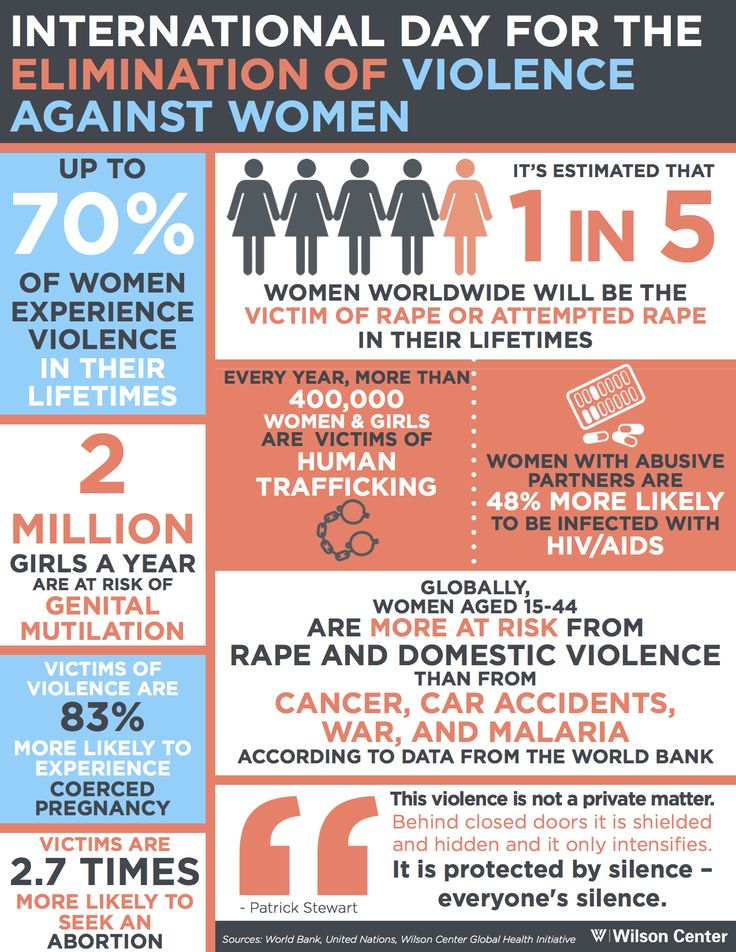 "
"
See also
The ECtHR awarded compensation to a woman who was subjected to cyber violence
The court stated that, although the authorities had the necessary legal instruments, they had done nothing to prosecute the applicant's former partner who published her intimate photos on the Web
16 September 2021 News
According to the lawyer, the ECHR ruling once again emphasizes that domestic violence in Russia is a mass phenomenon and that the country lacks a systematic approach to the prevention and protection of victims. “Despite the fact that the European Court has previously pointed out to Russia the systemic shortcomings of protection against domestic violence in the Volodina v. Russia case, the Russian Federation continues to ignore its direct obligation to take active measures to protect the right of victims not to be subjected to domestic violence and discrimination. The Court, adhering to its principles and standards, which it developed in its previous practice, not only recognized that Russia had violated its obligations to protect women from domestic violence, but also ordered the state to take general comprehensive measures to eliminate the structural and discriminatory problem - the lack of protection women from domestic violence, including the immediate introduction of amendments to the legislation to bring it into line with the Convention and international standards for the prevention and punishment of domestic violence,” said Mari Davtyan.
She added: if the Court adopted a pilot judgment, this means that Russia will no longer be able to remain inactive and not take systemic and structural measures against domestic violence. “We very much hope that the Russian Federation will finally adopt a law against domestic violence and carry out a number of structural reforms to create an effective system for the prevention of domestic violence against women,” the lawyer concluded.
Tatyana Savvina, a lawyer for the Legal Initiative project (recognized in the Russian Federation as an NPO acting as a foreign agent. - Ed.), who represented the interests of Elena Gershman in the European Court, called the decision an important and expected step. “Today, Russia remains practically the only country in Europe where there is no comprehensive legislation punishing all forms of domestic violence and providing protective measures for victims. The cases of Elena Gershman or Irina Petrakova clearly show how the current Russian legislation helps the aggressor to go unpunished for numerous and systemic episodes of beatings.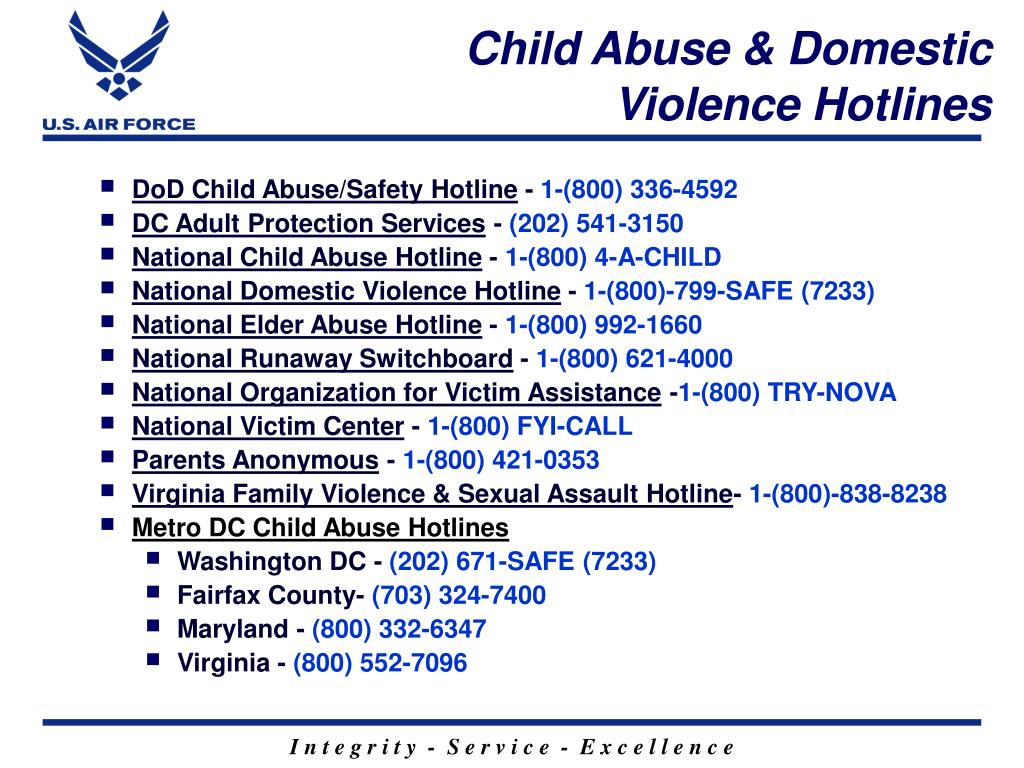 And the shocking case of Margarita Gracheva demonstrates how the complete indifference and inability of law enforcement agencies to protect victims in a situation of domestic violence lead to tragedy. The cases of these women are not some rare exception to the rule, but a consequence of the defectiveness of Russian legal regulation in the field of domestic violence,” she is convinced.
And the shocking case of Margarita Gracheva demonstrates how the complete indifference and inability of law enforcement agencies to protect victims in a situation of domestic violence lead to tragedy. The cases of these women are not some rare exception to the rule, but a consequence of the defectiveness of Russian legal regulation in the field of domestic violence,” she is convinced.
According to the lawyer, this pilot judgment of the ECtHR was all the more expected, since two years after the Volodina v. Russia case, where the Court for the first time indicated that there was no adequate regulation in the field of domestic violence in Russia, nothing was done by the Russian authorities, to rectify the situation, while the number of complaints from Russian citizens to the ECtHR on domestic violence continued to grow.
“Now the Court has indicated a list of specific and clear measures that Russia needs to take immediately. These are both legislative measures (introduction of a legislative definition of domestic violence, criminal liability, protection orders, etc.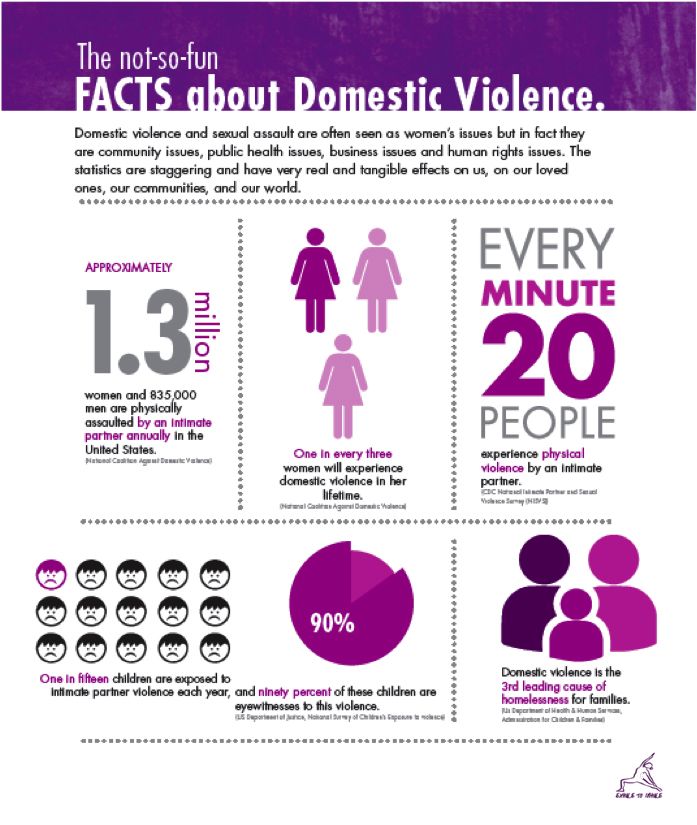 ), and measures of a different nature (for example, rehabilitation programs for aggressors, mandatory trainings on domestic violence for judges, investigators, police officers, etc.). I hope that the Russian authorities will take these measures in the near future. In the meantime, victims of domestic violence will be able to apply to the ECtHR without the need to exhaust domestic remedies (since the Court found them ineffective), and the Court will consider their cases in a simplified and quick manner,” Tatiana Savvina emphasized.
), and measures of a different nature (for example, rehabilitation programs for aggressors, mandatory trainings on domestic violence for judges, investigators, police officers, etc.). I hope that the Russian authorities will take these measures in the near future. In the meantime, victims of domestic violence will be able to apply to the ECtHR without the need to exhaust domestic remedies (since the Court found them ineffective), and the Court will consider their cases in a simplified and quick manner,” Tatiana Savvina emphasized.
It was not possible to promptly obtain comments from other representatives of the applicants.
AG experts upheld the findings of the Court
Sergei Knyazkin, a lawyer for the Center for International Human Rights Protection, believes that the case considered by the ECtHR will significantly affect the situation with domestic violence in Russia. “This is a pilot decision of the European Court, which not only sets out a statement of violations of rights under the Convention, but also indicates recommendations for bringing national legislation in line with European standards.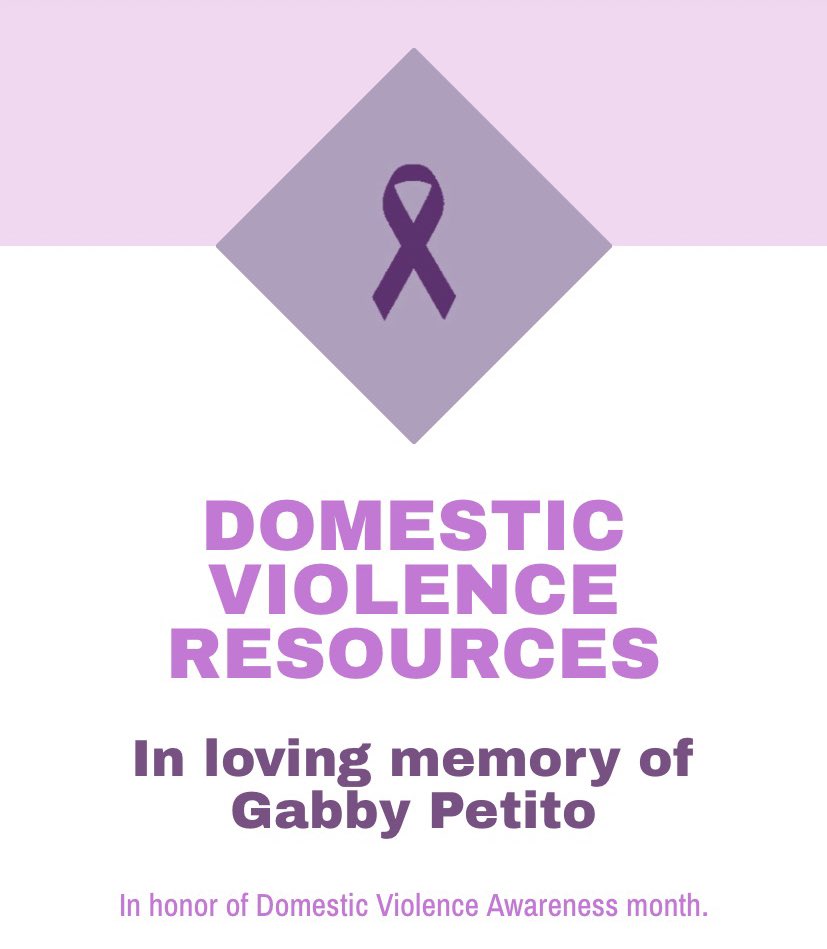 The problem with domestic violence is very relevant in Russia, however, the mentality of certain high-ranking officials in the government and the deputy corps of Russia does not allow the adoption of the Law on the Prevention of Domestic Violence in the Russian Federation, which has been submitted to the State Duma for several years in a row,” he said.
The problem with domestic violence is very relevant in Russia, however, the mentality of certain high-ranking officials in the government and the deputy corps of Russia does not allow the adoption of the Law on the Prevention of Domestic Violence in the Russian Federation, which has been submitted to the State Duma for several years in a row,” he said.
The lawyer expressed confidence that the requirements of the European Court to bring the national legislation of Russia on the situation with domestic violence in line with European standards will allow for the rapid adoption of a law that will significantly reduce this negative aspect in Russian society. “The unprecedented amount for the European Court of indemnification for material and moral damage to an individual - more than 370 thousand euros will draw attention to this problem both in Russia and abroad. There have already been many positive changes in Russian legislation after the pilot judgments of the European Court. A significant improvement in the situation in penitentiary institutions, the reform of the cassation proceedings in criminal cases and the introduction of a “solid” cassation, the disappearance of iron cages in courtrooms, etc. After this high-profile case, I hope that already in 2022 the Law on the Prevention of Domestic Violence will be adopted in Russia and the situation in ensuring equal rights in the family will improve significantly,” Sergey Knyazkin expressed his hope.
A significant improvement in the situation in penitentiary institutions, the reform of the cassation proceedings in criminal cases and the introduction of a “solid” cassation, the disappearance of iron cages in courtrooms, etc. After this high-profile case, I hope that already in 2022 the Law on the Prevention of Domestic Violence will be adopted in Russia and the situation in ensuring equal rights in the family will improve significantly,” Sergey Knyazkin expressed his hope.
An expert on working with the European Court, Anton Ryzhov, believes that the case considered by the ECHR is a clear example of how the European Convention is evolving through its interpretation by Strasbourg judges. “There is a so-called horizontal effect of the Convention, when it applies to a much wider range of social relations than was planned at the time of its development and adoption. In fact, now it is possible to “sue” the state for what happens between private individuals, while 30 years ago it was pointless to file such complaints with the European Court. The logic of the judges of the ECHR is approximately as follows: the authorities must protect the health and well-being of their citizens, especially in a situation where the state, for certain reasons, is aware of the ongoing turmoil or outrages. And if such an unpleasant fact has occurred, then the state, represented by the competent authorities, is obliged to conduct a thorough investigation of the incident and punish those responsible,” he stressed.
The logic of the judges of the ECHR is approximately as follows: the authorities must protect the health and well-being of their citizens, especially in a situation where the state, for certain reasons, is aware of the ongoing turmoil or outrages. And if such an unpleasant fact has occurred, then the state, represented by the competent authorities, is obliged to conduct a thorough investigation of the incident and punish those responsible,” he stressed.
According to the lawyer, in this case, the European Court applied these principles, recognizing both the lack of protection for women victims of domestic violence and the lack of a proper investigation into the facts of bullying (as usual, the judges rejected the domestic pre-investigation check, which in the overwhelming majority of cases entails unmotivated refusal to initiate a criminal case). “In addition, the ECHR recognized the fact of discrimination against Russian women, who from year to year in vain expect the adoption of targeted legislation on domestic violence.:no_upscale()/cdn.vox-cdn.com/uploads/chorus_asset/file/23209617/Screen_Shot_2022_02_01_at_8.55.16_AM.png)
